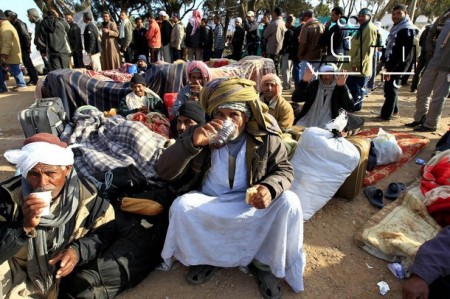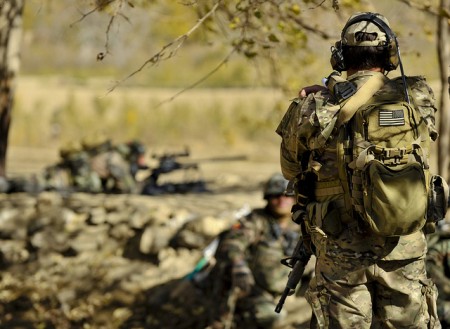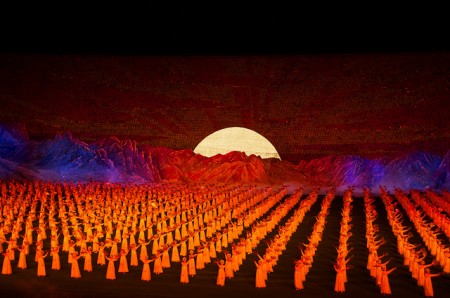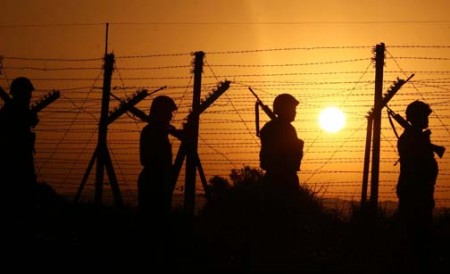
Editor’s note: This article was originally published by IPI’s Global Observatory on 25 March 2014.
It is widely accepted that elections do not make a democracy, but they are generally viewed as a key first step in that direction. As the campaign for legislative and presidential elections kicked off in Guinea-Bissau last Saturday, it was clear that hopes for this first step may be overstated.
Guinea-Bissau is one of the world’s poorest nations, and the West African country of 1.7 million people has been plagued with political problems over the last several years. No president has ever fully completed his term. And though the late 2000s were marked by a modest yet cautious increase in international confidence in the country, the most recent period of unrest was triggered by the March 2009 assassination of the head of the armed forces and the apparent revenge killing of the president shortly afterwards. Three years later, the military carried out a coup in April 2012 as a new government was being formed, removing the front-runner for the presidency, Prime Minister Carlos Gomes Júnior.




